On 6 March 2020, Pope Francis reconfirmed his earlier appointment of Bishop Ameyu for Juba Archdiocese, putting an end to controversies around politics of succession in South Sudan’s only Metropolitan See.
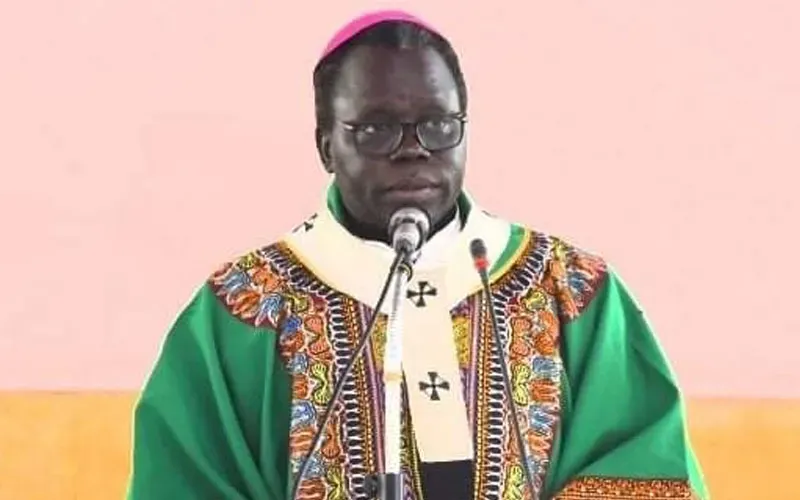 Credit: CRN
Credit: CRN
“I am pleased now to announce to you that after evaluating diligently that entire situation, Pope Francis has confirmed Most Rev. Stephen Ameyu Martin Mulla as the new Archbishop of Juba,” Msgr. Visvaldas Kulbokas, who was the Delegate of Propaganda Fide said during the 6 March 2020 press conference, accompanied by the then Chargé d’Affaires of the Apostolic Nunciature in South Sudan, Msgr. Mark Kadima.
The South Sudanese Cardinal-designate was installed on 22 March 2022, the Archbishop emeritus, emphasizing the need for “reconciliation and healing because we are deeply wounded.”
Archbishop Stephen Brislin of Cape Town, South Africa, 66
(Story continues below)
Born in Welkom in September 1956, Archbishop Brislin was ordained a Priest in November 1983.
In October 2006, he was appointed Bishop of Kroonstad and Consecrated Bishop in January 2007. Three years later, he was appointed Archbishop of Cape Town Archdiocese.
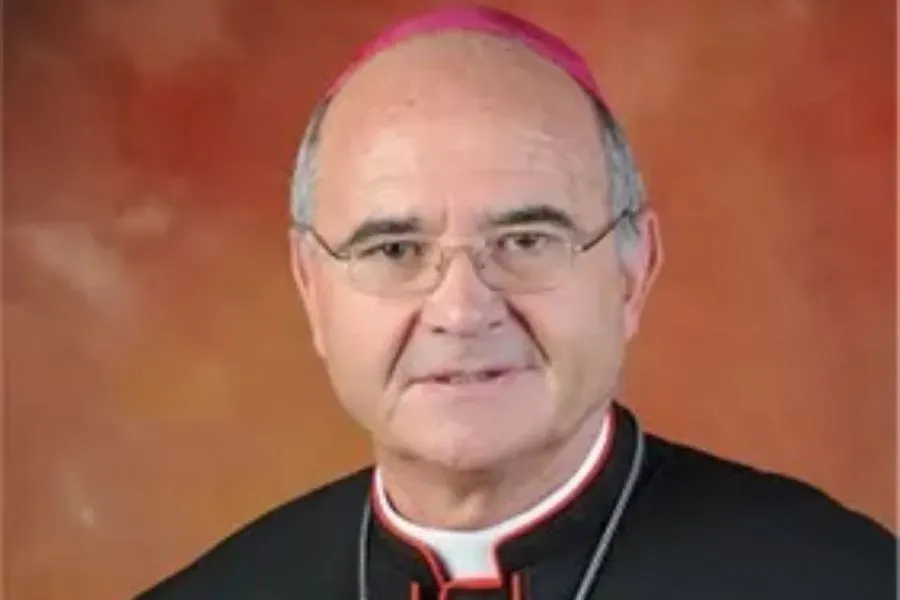 Credit: SACBC
Credit: SACBC
The Coat-of-Arms of the South African Catholic Archbishop expresses his motto, Veritas in Caritate (truth in love), taken from Ephesians 4:15. The center is the empty cross of the resurrected Christ, from which all life comes. The rising sun is the promise of eternal life.
The color brown represents the dryness of certain parts of the Free State where the Catholic Archbishop has his roots, and also represents life without Christ, since fruitfulness and life come through the cross.
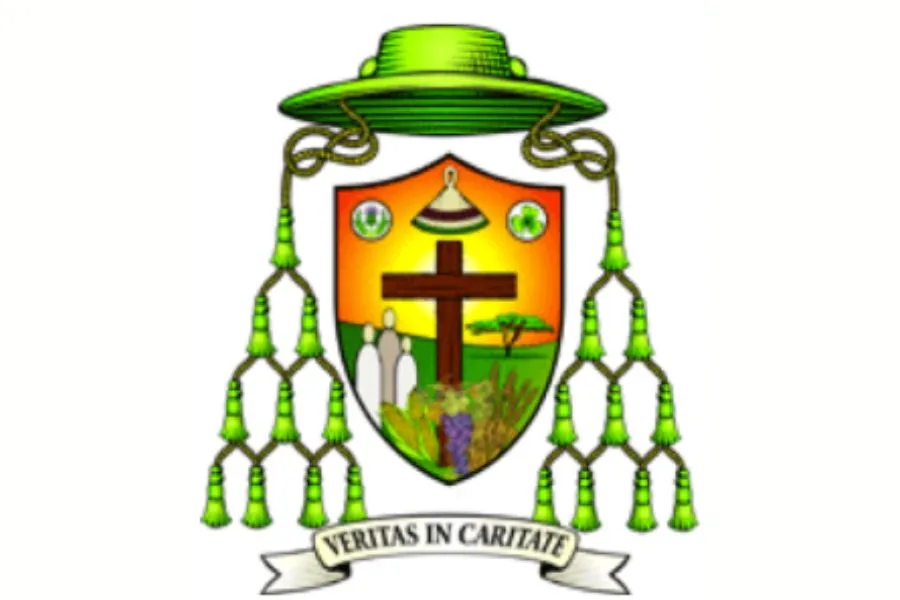 Credit: Cape Town Archdiocese
Credit: Cape Town Archdiocese
This life is depicted by the people, the Acacia tree, the maize, the wheat and the grapes – also representing the Western Cape and calling to mind the Body and Blood of Jesus Christ.
The Basotho hat reflects the majority of the people under his pastoral care as well as the “crown” of Kroonstad.
The thistle represents the maternal roots of the South African Cardinal-designate, namely Scotland. The shamrock represents Ireland, hi paternal roots.
Archbishop Protase Rugambwa, Coadjutor Archbishop for Tabora, Tanzania, 63
Archbishop Rugambwa, the former Secretary of the Dicastery for Evangelization, who was appointed the Coadjutor Archbishop for Tanzania’s Tabora Archdiocese was born in May 1960 in the Diocese of Bukoba.
The Cardinal-designate was ordained a Priest for the Catholic Diocese of Rulenge-Ngara in September 1990 after completing his Priestly formation.
The Alumnus of the Rome-based Pontifical Lateran University where he obtained a doctorate in pastoral theology was appointed the Local Ordinary of Tanzania’s Catholic Diocese of Kigoma in 2008.
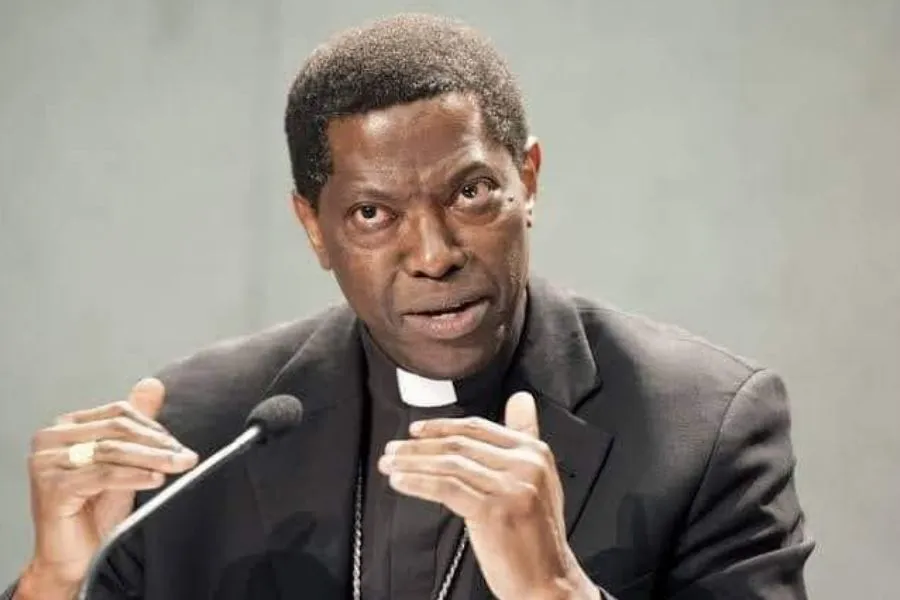 Credit: Vatican Media
Credit: Vatican Media
He was appointed Adjunct Secretary of the Congregation for the Evangelization of Peoples (Propaganda Fide) and president of the Pontifical Mission Societies (PMS) with the personal title of Archbishop in June 2012.
In 2017, Archbishop Rugambwa was appointed Secretary of Propaganda Fide, the Vatican department tasked with “the transmission and dissemination of the faith throughout the whole world” that has “the specific responsibility of coordinating and guiding all the Church's diverse missionary efforts and initiatives”, which he served until March 2023.
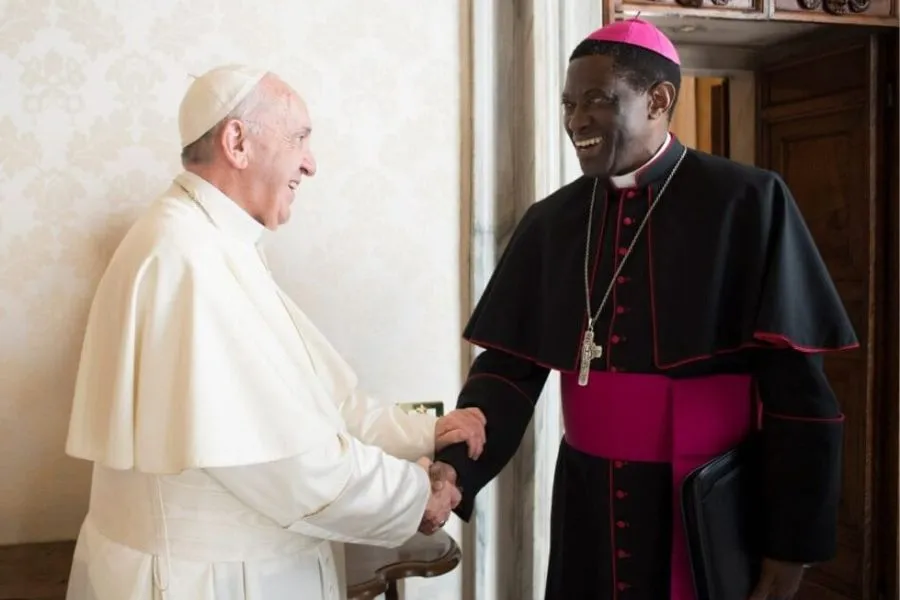 Credit: Vatican Media
Credit: Vatican Media
During his service at the Vatican, the Tanzanian-born Cardinal-designate defended the youth facing migration challenges.
In a July 2022 report, Archbishop Rugambwa urged members of the Association of the Regional Episcopal Conferences of Central Africa (ACERAC) at their Plenary Assembly in Mongomo, Equatorial Guinea, to defend the youth as they are vulnerable to migration challenges.
“The Episcopate of Central Africa should be the mouthpiece and tireless defender of youth in their respective governments and societies, drawing attention to the reality of the migratory phenomenon, which sees young people at the forefront, especially as victims,” he said during the assembly that sought to address the “Phenomenon of the Youth Migration: The case of Central Africa.”

In August 2019, the Cardinal-designate hailed the establishment of ACI Africa as being in line with the desires and goals of the Vatican-based Congregation responsible for missionary work across the globe.
“We are indeed as a congregation very privileged because evangelization through media for us is also one of our priorities,” Archbishop Rugambwa said in his goodwill message ahead of the ACI Africa launch in August 2019.
Cardinals Created by Pope Francis
Since his election in 2013, Pope Francis has created 121 cardinals from 66 countries at eight consistories.
The last Consistory to create new cardinals took place on 27 August 2022. The new cardinals included Peter Ebere Cardinal Okpaleke and late Richard Kuuia Cardinal Baawobr.
Ten members of the College of Cardinals have turned 80 since the last consistory, thus losing their chance to participate in a future Papal election. Seven more Cardinals will turn 80 before the end of the year, including Angelo Cardinal Camastri and Leonardo Cardinal Sandri.
Following the 2020 Consistory, Pope Francis had appointed 83 of the members of the College of Cardinals eligible to vote in a future conclave. Benedict XVI had named 38 of the cardinal electors and John Paul II had appointed 11.
ACI Africa was founded in 2019. We provide free, up-to-the-minute news affecting the Catholic Church in Africa, giving particular emphasis to the words of the Holy Father and happenings of the Holy See, to any person with access to the internet. ACI Africa is proud to offer free access to its news items to Catholic dioceses, parishes, and websites, in order to increase awareness of the activities of the universal Church and to foster a sense of Catholic thought and culture in the life of every Catholic.



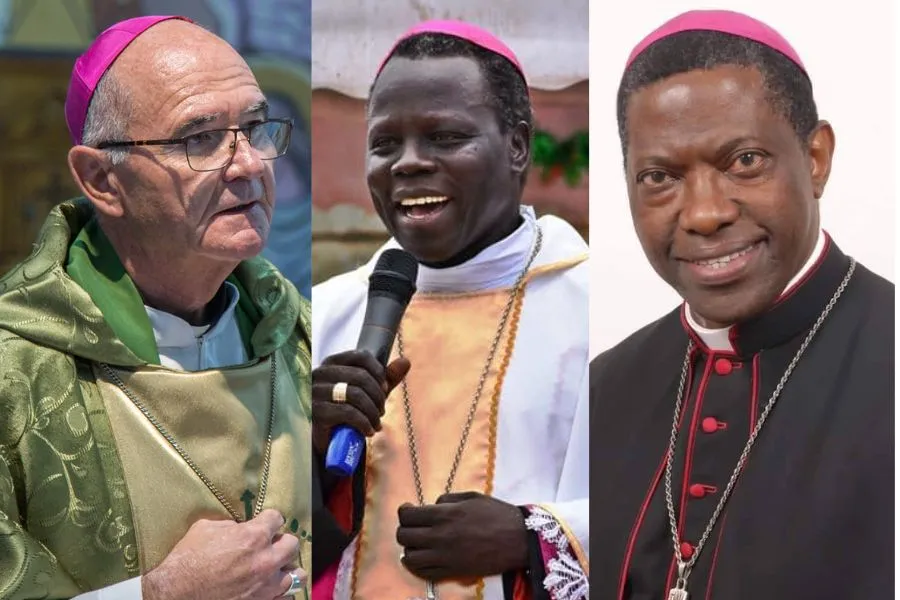
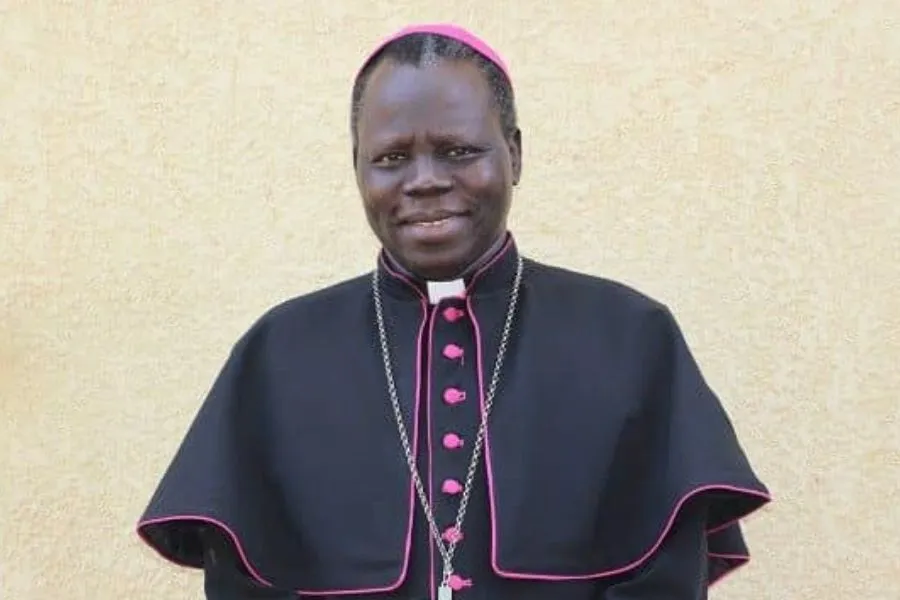 Credit: CRN
Credit: CRN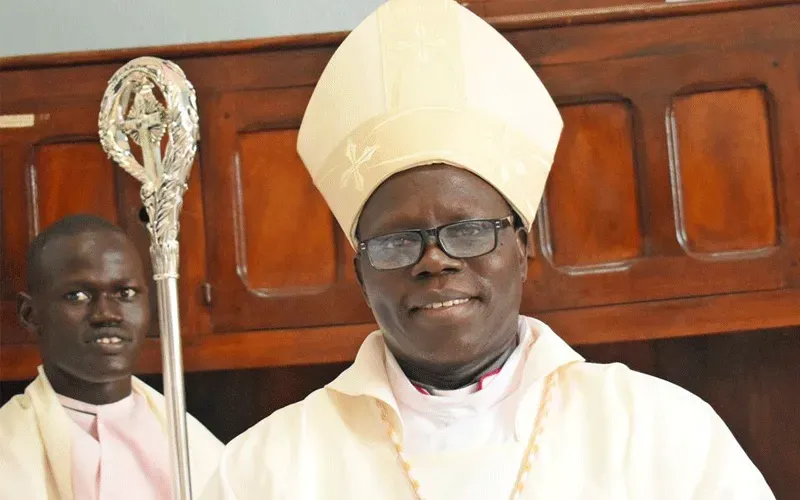 Credit: CRN
Credit: CRN
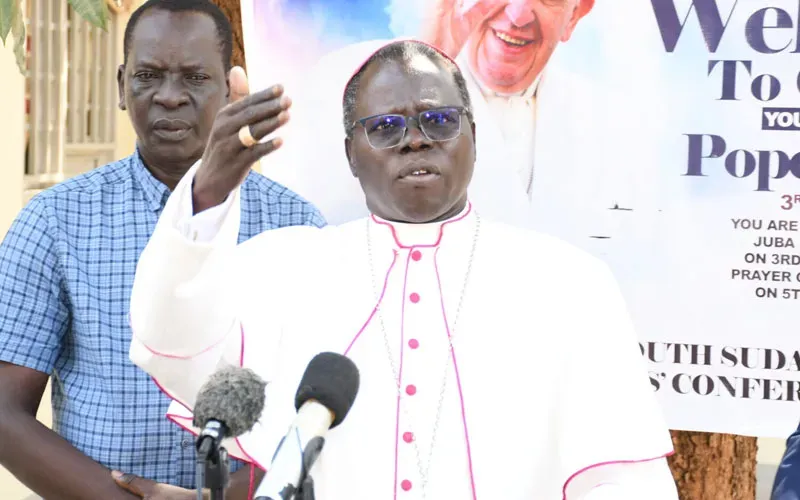 Credit: CRN
Credit: CRN Credit: CRN
Credit: CRN Credit: SACBC
Credit: SACBC Credit: Cape Town Archdiocese
Credit: Cape Town Archdiocese Credit: Vatican Media
Credit: Vatican Media Credit: Vatican Media
Credit: Vatican Media



